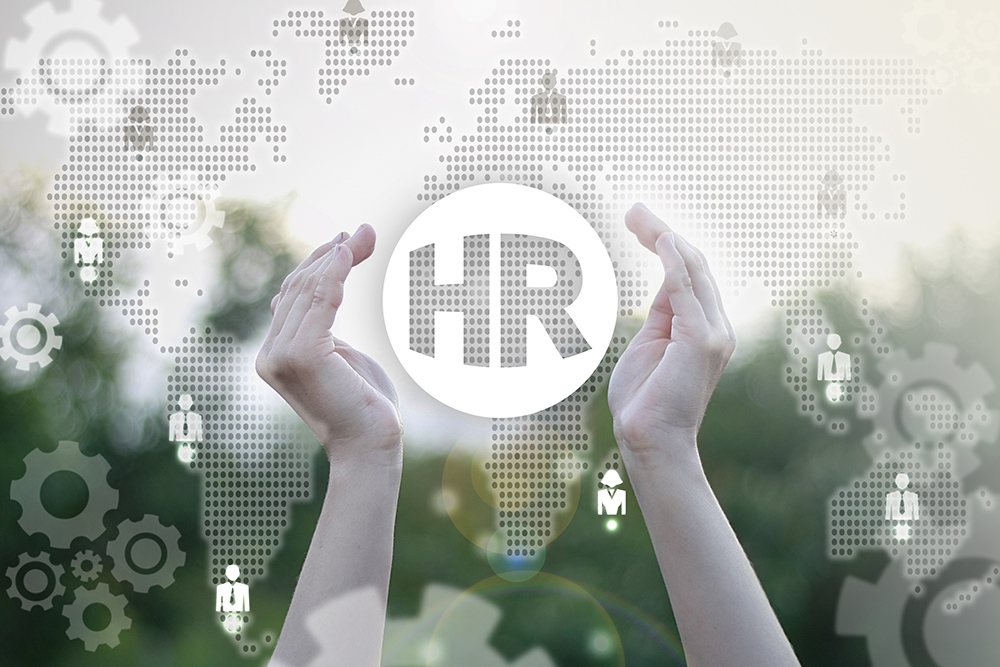Artificial intelligence (AI) is now firmly established as a game-changer across the business world, including the HR space.
Considering the amount of data HR professionals contend with on a daily basis, this should come as little surprise. After all, AI promises a host of advantages, from reducing the amount of time spent on administrative tasks to improving recruitment and retention. According to one study, AI early adopters are 19% more effective at reducing the time HR spends on administrative tasks versus their peers.
So, with all that AI can offer, it’s important to spread awareness about the practical ways HR professionals can leverage tool sets to their advantage. Below, I review a few applications of this technology and how they are able to support the actions of HR managers and supervisors.
What’s So Good about Automation?
What is it about AI that makes it such a valuable tool within an HR department? The simple answer is its unparalleled ability to scan and synthesize colossal amounts of data, find patterns within them, and deliver actionable insights to teams. This allows professionals to focus more on strategic planning and value-adding tasks rather than spending countless hours trawling through data to uncover the right information.
It’s important to note that the human role is by no means diminished through this process; rather, it is simply changed. While AI’s role is to deliver quality insights extracted from the data it is given, HR teams are still the ultimate decision-makers and can use these observations as they see fit based on their personal expertise and experience.
It’s a matter of humans and machines working together to develop effective solutions to common business problems—such as pinpointing the right candidate or delivering effective employee training—in a way that complements human expertise, creativity, and judgment.
Talent Acquisition
AI is commonly used in recruitment to identify suitable candidates. This works particularly well at the first stage of the recruitment process. Traditionally, hiring managers have had to spend huge amounts of time and resources scanning candidates’ cover letters and profiles to pinpoint the ones with the most promise. Thanks to automation, this process has become much simpler.
AI-powered programs can perform a preliminary analysis of a candidate’s cover letter to cross-check his or her skills against the skills of successful employees with the same job title. It can effortlessly filter through tens, hundreds, or even thousands of prospects to determine which ones are likely to fit the role’s requirements. HR professionals are then left to conduct more detailed candidate screening.
Focusing on Integration
Beyond simply automating time-consuming tasks, AI can create a better and more integrated journey for present and future employees. Traditionally, for instance, companies might have gone to one supplier for a video assessment and another for a digital assessment and then conducted interviews whereby no data were recorded electronically.
This has changed thanks to AI. Intelligent recruitment software can combine these processes and capture the data in one platform. This way, the entire recruitment journey can be managed from one place, with data and insights instantly available.
Once a candidate is hired, this doesn’t stop; utilizing AI solutions enables HR departments to better manage employees. Indeed, AI can be used to monitor employee performance and indicate areas where they might face difficulties or require additional support.
A Personalized Approach
Often overlooked is the fact that AI solutions can help businesses personalize their approach to ensure it effectively meets the needs of their current and future employees. This might seem counterintuitive to some, but employing machines can help hyper-personalize an employee’s onboarding process.
Let’s say that new employees want to learn more about the business and have a list of specific questions they would like answered. Rather than offering a standard set of answers to a set list of questions, AI can be employed to answer their unique questions to quickly get them up to speed.
AI-powered programs and chatbots can point employees to the right resources and answer specific questions using the database of information they have access to. Thanks to the machine learning (ML) abilities of AI, such programs also continuously learn from experience, meaning over time, they become more effective at answering questions.
I would encourage professionals working within the HR space, and managers in particular, to experiment with AI solutions to get a sense of how they can make the technology work for their team. AI can supercharge an organization’s ability to leverage data for business success, so it’s certainly not a trend to be overlooked as the technology becomes increasingly more sophisticated.
 Nikolas Kairinos is the CEO and cofounder of Prospex and Fountech. Prospex is a sales and marketing solution that delivers AI-powered leads. Developed in partnership with LOMi and Fountech, a leading AI development company, Prospex applies sophisticated AI technology to provide qualified, hyper-personalized and cost-effective leads for small businesses through to large corporates. |

